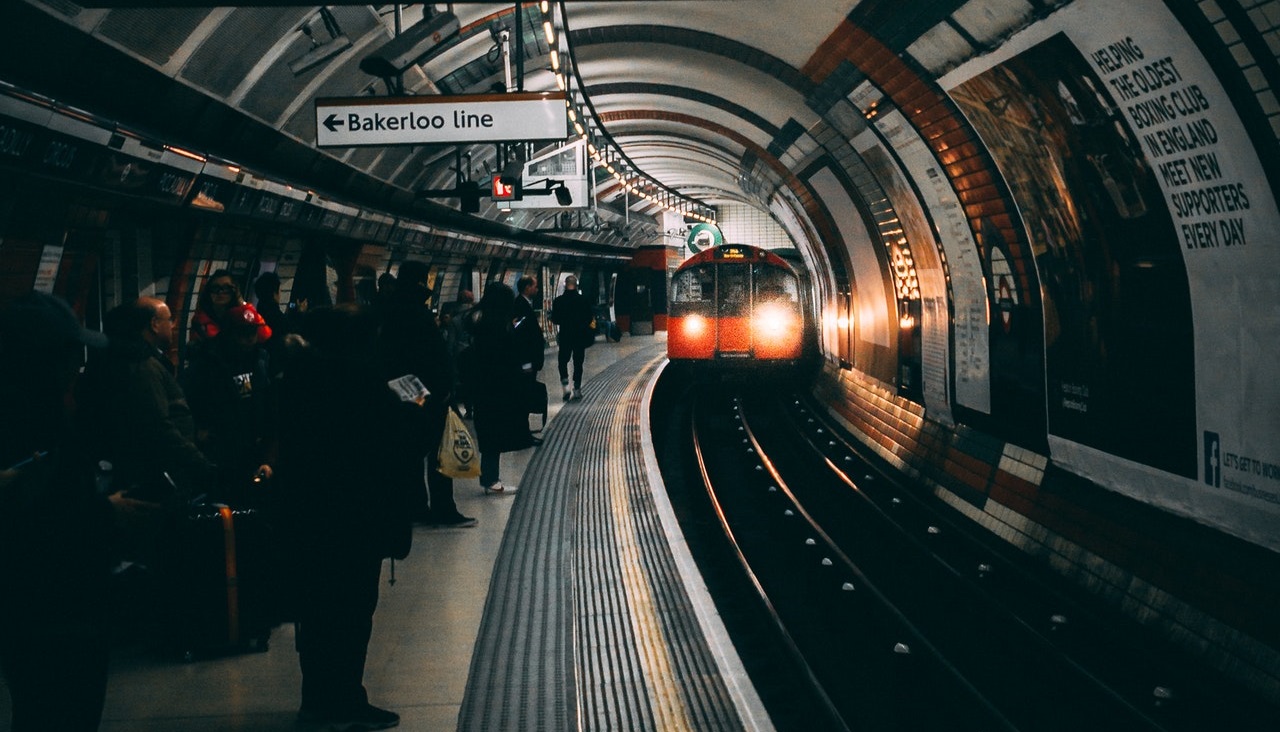Older people will lose their right to travel for free in London at morning rush hour during the coronavirus outbreak.
The plans – finalised by Transport for London (TfL) – will take effect later this month.
This temporary cut to free journeys was a condition of the Government bailout agreed by the network last month.
From 15 June, passengers using the Older Persons’ Freedom Pass, 60+ Oyster photo card or English National Concessionary Scheme will no longer be able to travel for free before 9am on weekdays.
Those using the Disabled Freedom Pass will not be affected by the change.
Older people’s free travel cards will automatically switch off during morning rush hour – but will still work later in the day, and all day at weekends.
The change will come as Londoners head back to high street shops, department stores and shopping centres for the first time since lockdown began on 23 March.
Under plans announced by Prime Minister Boris Johnson, non-essential shops will begin to reopen from 15 June.
The changes to free travel were demanded by Government ministers as part of the £1.6 billion TfL bailout agreed last month.
NOW READ: Crossrail boss claims scheme will ‘meet or beat’ opening date
The London transport authority relies on fares to fund it services – but saw income haemorrhage as commuters stayed home from the beginning of Covid-19 lockdown.
Journeys on the Tube fell 95%, and bus trips were down 85% – meaning a 90% drop in income for TfL.
The emergency Government deal – agreed just hours before the network ran out of cash – will keep services running until mid-October.
But TfL has been told to cut free travel for older people and children, raise fares next year, and reinstate the Congestion Charge and Ultra Low Emission Zone.
The transport authority is advising older people to avoid travelling immediately after 9am to avoid crowding on the network.
And TfL is asking all travellers to walk or cycle where possible, and only use public transport where no other option is available.
Network technology chief Shashi Verma said the changes would help reduce the risk of overcrowding at the busiest times.
“We are working hard to ensure that those who have no option other than to travel using public transport can do so safely,” he said.
“Given the national requirement to maintain two-metre social distancing, the capacity of buses and trains is hugely reduced.”
For the latest headlines from the City of London and beyond, follow City Matters on Twitter, Instagram and LinkedIn.








